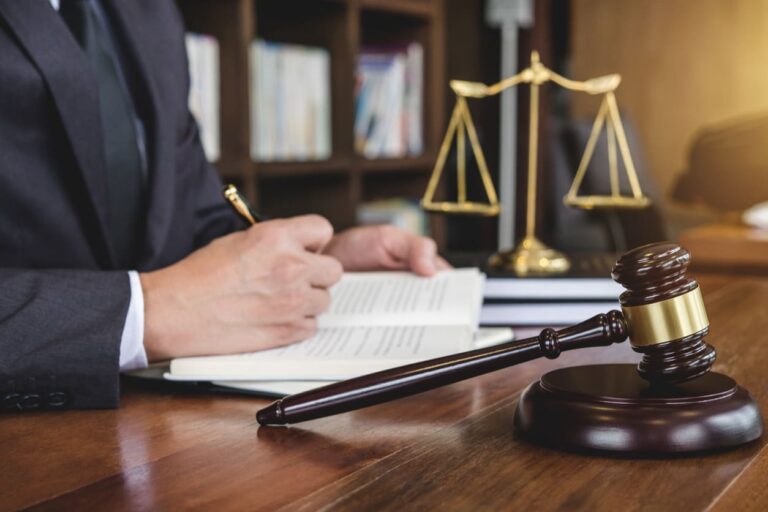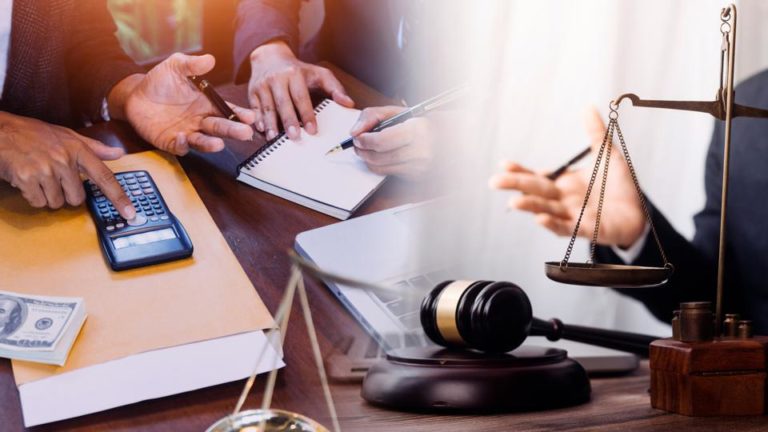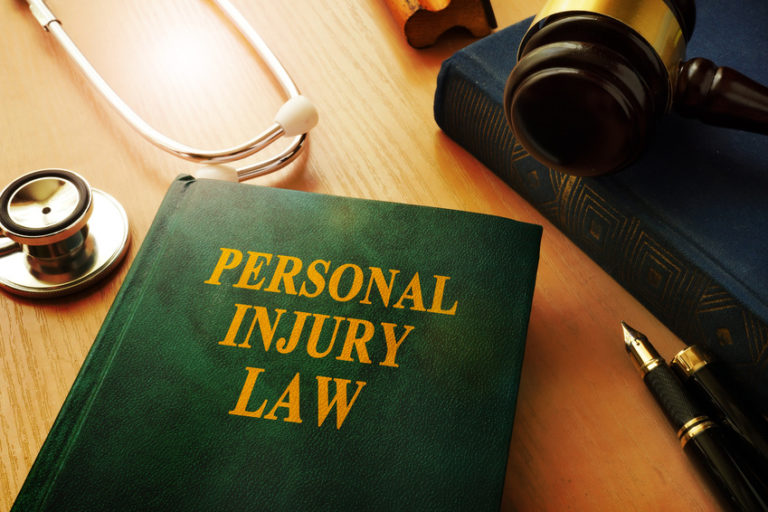Civil judgments involving monetary awards are satisfied when the awards are paid in full. What happens at that point? That depends on whether you are the judgment creditor or the judgment debtor. In either case, satisfaction is a legal recognition that the debtor has either paid in full or paid a lesser amount the creditor is willing to accept as full payment.
Only One Step Remains
Only one step remains after a monetary judgment has been satisfied. That step is filing an acknowledgement of satisfaction with the same court that entered the original judgment. In most states, one of three parties can file the acknowledgment:
-
- The Creditor – The creditor can file the acknowledgment without any legal assistance. This applies even if the original creditor is no longer the legal creditor of record at the time of satisfaction.
- An Attorney – The legal creditor of record at the time of satisfaction can leave filing and acknowledgement to an attorney. Virtually any attorney can do the job, though it is usually left to one who is already involved in the case.
- An Agent – Any agent with authority to act on behalf of the creditor can file the acknowledgment. In the event an agent is not also an attorney, their legal authority must be established.
Salt Lake City’s Judgment Collectors could act as an agent for a judgment creditor in any of the 11 states the agency works in. As a collection agency that specializes in judgment collection, they become the agent of record as soon as they take a case. They can file the acknowledgment of satisfaction upon collection.
Your Obligations As the Creditor
Assuming you are the judgment creditor in your case, you are legally obligated to file an acknowledgment of satisfaction immediately following receipt of payment. Most states do not have a hard-and-fast deadline for filing, but you are expected to do it as quickly as is reasonably possible.
You are also legally obligated to cease and desist all collection efforts. Once a judgment has been satisfied, you no longer have a legal claim against the judgment debtor. Any efforts to continue collecting could mean big trouble for you.
Your Obligations As the Debtor
A satisfied judgment means that your obligations as a debtor immediately cease. You have paid your bill and that is that. The only issue remaining on your end is ensuring that an acknowledgment of satisfaction is filed. You should get a copy of that acknowledgment from the creditor or its attorney.
What happens if the creditor does not file? Most states give you another option: petitioning the original court for an order recognizing satisfaction. You would have to furnish proof that you paid the debt before such an order would be issued. But once issued, the order carries the same weight as the original judgment.
When Judgments Go Unpaid
Not all judgments end in satisfaction. In fact, the vast majority of judgments rendered in U.S. courts are never paid at all. Instead, they are allowed to expire according to each state’s statute of limitations. What are the obligations then?
State laws tend to consider a judgment paid in full if it is allowed to expire. Immediately following expiration, the creditor no longer has a legal claim against the debtor. Likewise, the debt itself is erased as though it were paid in full.
There is not much left to do once a judgment has been satisfied. The last step, filing an acknowledgement of satisfaction, is the creditor’s responsibility. As far as the debtor is concerned, the entire affair is over and done with.










